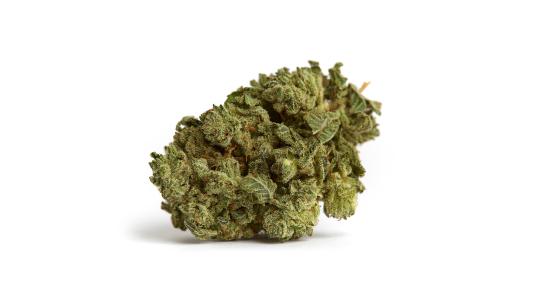As the novel coronavirus 2019-nCoV proliferates in China and spreads (to a much lesser extent) abroad — even reaching your correspondent’s home base of Chicago; he’s feeling fine, don’t worry — the race is on for a new vaccine.
But creating a new vaccine is a laborious and expensive process, and when faced with a brand-new virus, the challenges are increased. Scientists must first understand what they are up against, and then they need to produce vast quantities of the ingredients necessary for a vaccine. Finally, even if it all works, the financial benefits can be minimal, leading many companies to shun investing in vaccines for emerging or uncommon diseases.
Vaccines work by priming the immune system to make antibodies for a particular disease. These large, y-shaped proteins then stick into the virus, disabling it or marking it for death by white blood cells. Vaccines use antigens, the protein signature of a virus, to stimulate the body to produce antibodies. Once the immune system has made them, the body will “remember” them and release a flood again as soon as the real virus attacks.
Dr. Anthony Fauci, the director of the National Institute of Allergy and Infectious Diseases (NIAID), wants vaccines for the Wuhan coronavirus to be ready for trial in three months. This is a monumental ask. But a handful biotech companies — with support from the Coalition for Epidemic Preparedness Innovations (CEPI), a public-private partnership which looks to accelerate vaccine development — are stepping up.
One of those companies, Cambridge-based Moderna Therapeutics, is harnessing the power of mRNA-based vaccines.
RNA vaccines use mRNA — essentially, cellular instructions translated from DNA — to tell the body’s own cells to make antigens. Since RNA vaccines don’t use the actual virus (or parts of it) to make the antigens, there is no need to grow and store huge quantities of them — an extremely expensive and time-consuming process that must be done specially for every disease’s vaccine.
More importantly, mRNA is written in a simple genetic code. Researchers only need the genetic code of a pathogen to create potential mRNA antigens. It’s basically a plug-and-play model, which means RNA vaccines can be created in bulk: cheaper, faster, and with standardized methods. It also means you can rapidly shift production to a new pathogen or new antigen candidate by inserting a new code.
Like, say, a novel coronavirus.
Moderna already has an animal-tested vaccine for Middle East respiratory syndrome (MERS), which is caused by a similar coronavirus. Theoretically, Moderna can substitute the code for their MERS vaccine with one from 2019-nCoV to create the new vaccine. “It was a really, really hard scientific challenge to make the first one, but once you get the first one working, the next one becomes really easy: You get the sequence, and this is just another one,” Stéphane Bancel, the CEO of Moderna, told Science Mag.
If the vaccine works, Moderna could prepare vast amounts of it: up to 100 million doses a year, if it dedicated all its resources to it, according to Bancel. This would be orders of magnitude greater and faster than traditional vaccine development, and such a feat would prove RNA vaccines’ ability to be rapidly developed, scaled, and deployed.
If it works. Trials are expected to begin in three months.






